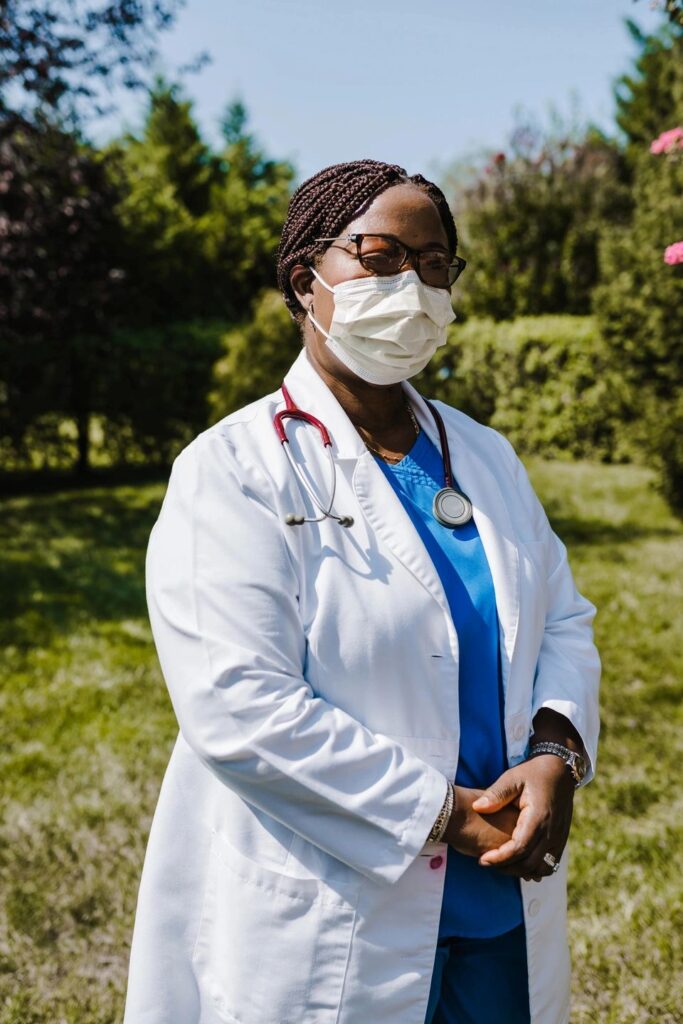
ATLANTA – America’s three-year experiment with an approximation of European-style universal health care will come to an end May 11 when the federal public health emergency brought on by the COVID-19 pandemic expires.
A series of health-care and insurance-coverage provisions that were put in place to deal with the pandemic are about to go away, which experts in the field say will make it just as hard to access care for many as it was before coronavirus struck Georgia and the nation.
“As we transition into the new normal, we are returning mostly to our fragmented health system as we knew it,” said Jen Kates, director of global health at the Kaiser Family Foundation.
One casualty of that “new normal” will be an immediate end to free at-home COVID tests for most Georgians. Those enrolled in Medicaid will continue to get free tests but only until September. The good news on that front is that COVID vaccines will continue to be free for Medicaid enrollees and the uninsured under a $1 billion Biden administration program.
Continuing to offer free vaccines to that group makes sense because low-income Georgians on Medicaid or without insurance coverage of any sort tend to work in jobs where the risk of exposure to COVID is greater than to others who can work from home, said Leah Chan, senior health policy analyst with the Georgia Budget and Policy Institute, an Atlanta-based nonprofit.
“It’s important keeping it in place for a longer period of time,” she said.
Telehealth services took off during the pandemic, as patients and physicians sought to reduce their exposure to COVID-19. Health-care providers stepped up their offerings of telehealth, and insurance companies proved more willing to cover those services.
While the end of the public health emergency will limit coverage of some telehealth services, Chan said states are being given flexibility to continue some telehealth services for Medicaid enrollees. For example, Georgia plans to launch a pilot project involving remote fetal monitoring, she said.
“The pandemic was an experiment in how [telehealth] works and a lesson going forward,” she said.
Georgia hospitals received an influx of emergency federal funding during the pandemic. At the same time, the federal government stopped the periodic checking of the Medicaid rolls to determine which enrollees were still eligible for coverage.
With the so-called “unwinding” process that began last month separately from the end of the public health emergency, the feds are resuming those eligibility checks. As a result, an estimated 545,000 Georgians will lose Medicaid or PeachCare for Kids coverage, according to the Georgia Department of Audits & Accounts.
“[Hospitals] are facing not only the end of COVID-related funds but also the Medicaid unwinding, which will increase the level of uncompensated care,” Chan said.
Georgia hospitals are getting some help to offset those funding losses through a little-known federal program launched in 2016 that provides “directed payments” to states that hire private managed-care companies to deliver health care to Medicaid enrollees.
Public hospitals in Georgia received $188.3 million during the last fiscal year through the directed payment program, according to the state Department of Community Health.
But Chan said the ultimate solution lies in Georgia expanding Medicaid coverage through the Affordable Care Act to cover those with incomes up to 138% of the federal poverty level. Forty states have taken that step, but Republican Gov. Brian Kemp and GOP legislative leaders oppose it, citing the cost.
Chan said the federal government would cover 90 cents for every $1 spent to expand Medicaid. Also, the feds are offering a bonus payment to states that decide to expand coverage, she said.
“It makes good economic sense to take advantage of the federal dollars being offered,” she said.
Kemp is taking a different approach. The governor’s more limited expansion of Medicaid, the Georgia Pathways program, is due to launch July 1.
